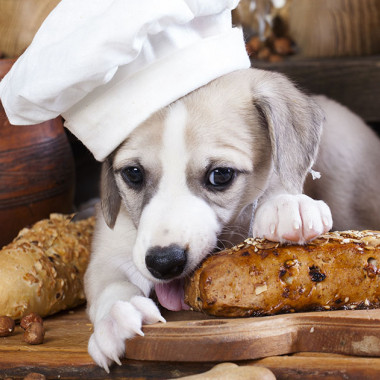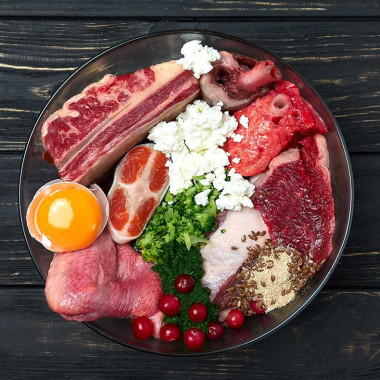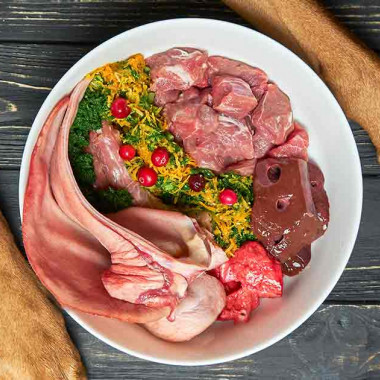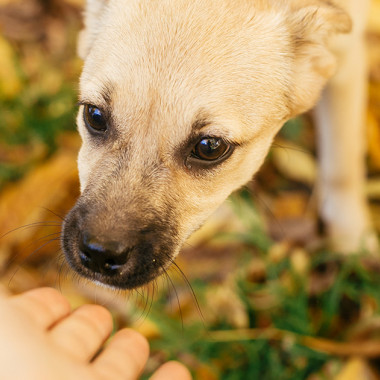It has been 15,000 years since dogs were domesticated, and many breeds have developed. Through breeding, dog breeds were created mainly for work and protection. Today, we have giant breeds like the Irish Wolfhound, medium-sized ones (e.g., Beagle), and even miniature breeds (like the Chihuahua). However, one thing remains the same: they are carnivores and need a daily intake of quality food. The only difference is in the portion size. In this article, we will focus on feeding small breeds, such as the Chihuahua.
Chihuahua – Feeding
The Chihuahua is a small companion breed, weighing around 2 kg and living up to 14 years. Chihuahuas are very cute, and many owners let them do whatever they want. If they are properly trained, life with them is wonderful. To ensure their life is as long as possible, it's essential to provide them with quality food and choose a puppy from a breeder with healthy parents. Like other breeds, Chihuahuas need to receive a sufficient amount of protein, fat, carbohydrates, vitamins, minerals, and other components necessary for the proper functioning of their organs. The BARF diet is based on the natural feeding method of dogs. It is suitable for all breeds and age categories. The owner knows exactly what their dog is eating, and the food is always fresh. Chihuahuas and other breeds may suffer from food allergies. With BARF, the owner can prepare meals using only the ingredients the dog tolerates.
The portion size for an adult dog is around 2-3% of its ideal body weight. For a Chihuahua or other small breeds, this amount is only a few hundred grams. It's best to feed the dog twice a day, morning and evening, splitting the total daily portion into two meals. The daily portion consists of 50-60% meat + 20-30% bones + 20-30% supplements. The dog can eat any kind of meat. For small breeds, it's better to cut the meat into smaller pieces for easier consumption. The more varied the diet, the better. The same goes for vegetables, which should be pureed, grated, ground, blanched, or frozen. Bones are an excellent source of calcium and help clean the teeth from tartar. If the dog is used to bones, they won’t cause any issues. Chicken necks or wings are suitable, for example. Chihuahua puppies grow quickly, so their nutritional needs differ from adult dogs. Their food intake up to 6 months should be 4-6% of their optimal puppy weight. The amount of meat should make up 50%, bones 30%, and supplements 20%. Both puppies and adult dogs can also have dairy products. Raw cow's milk is less suitable for dogs and may cause diarrhea. Sheep or goat milk is better. Dairy products are enriched with probiotics, which play an important role in fighting pathogens in food.
The BARF diet is not only suitable for large breeds but also for small ones. The dog receives quality meals without unnecessary preservatives and flavor enhancers.










